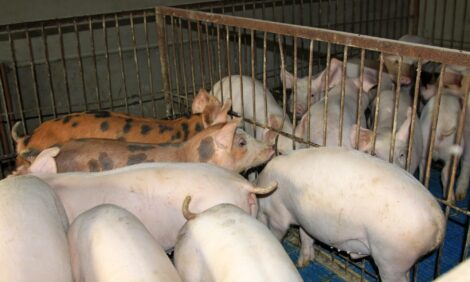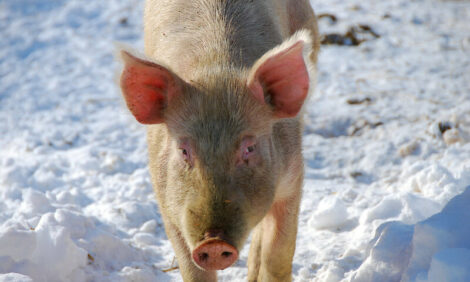



Peruvian Health Official Warns against Eating Pork as PED Hits South
PERU - A senior regional health official in the south of the country has warned people against eating pork following recent outbreaks of porcine epidemic diarrhoea (PED) in the country.The head of the Regional Directorate of Health in the southern Peruvian city of Tacna, Juan Cánepa Yzaga, is recommending that people not eat pork because of the presence of PED, reports Diario Correo.
He noted that the control of this disease is the responsibility of the country's national agricultural health service, SENASA.
SENASA experts have stressed that PED only affects pigs under 10 months old and is not contagious in humans. However, Mr Canepa said that people should take precautions before buying pork.
A report in Diario Correo last week says that PED first appeared in the region in the second half of November, according to SENASA in Tacna.
The disease is caused by a coronavirus and results in diarrhoea, vomiting, dehydration, anorexia and kills up to 100 per cent of infected animals. There is no vaccine or treatment for infected animals, the report adds.
The first outbreak was reported on 12 November on a farm in Los Alamos (Pocollay) and another in Tacna. SENASA began surveillance activities, detecting cases at another 10 properties and testing a further 150 farms.
Including all premises in the district of Cuidad Nueva and Pocollay, 1,200 farms with around 20,000 pigs were affected.
SENASA manager, Guillermo Roque, said that farmers should clean and disinfect their premises and follow biosecurity measures to prevent the spread of the virus.
Being highly contagious, infected pigs should be slaughtered and buried, he added.
Mr Roque reported that the PED outbreak was under control and recommended against bringing pigs in from other regions, as it is also known to exist in Lima, according to Diario Correo.






